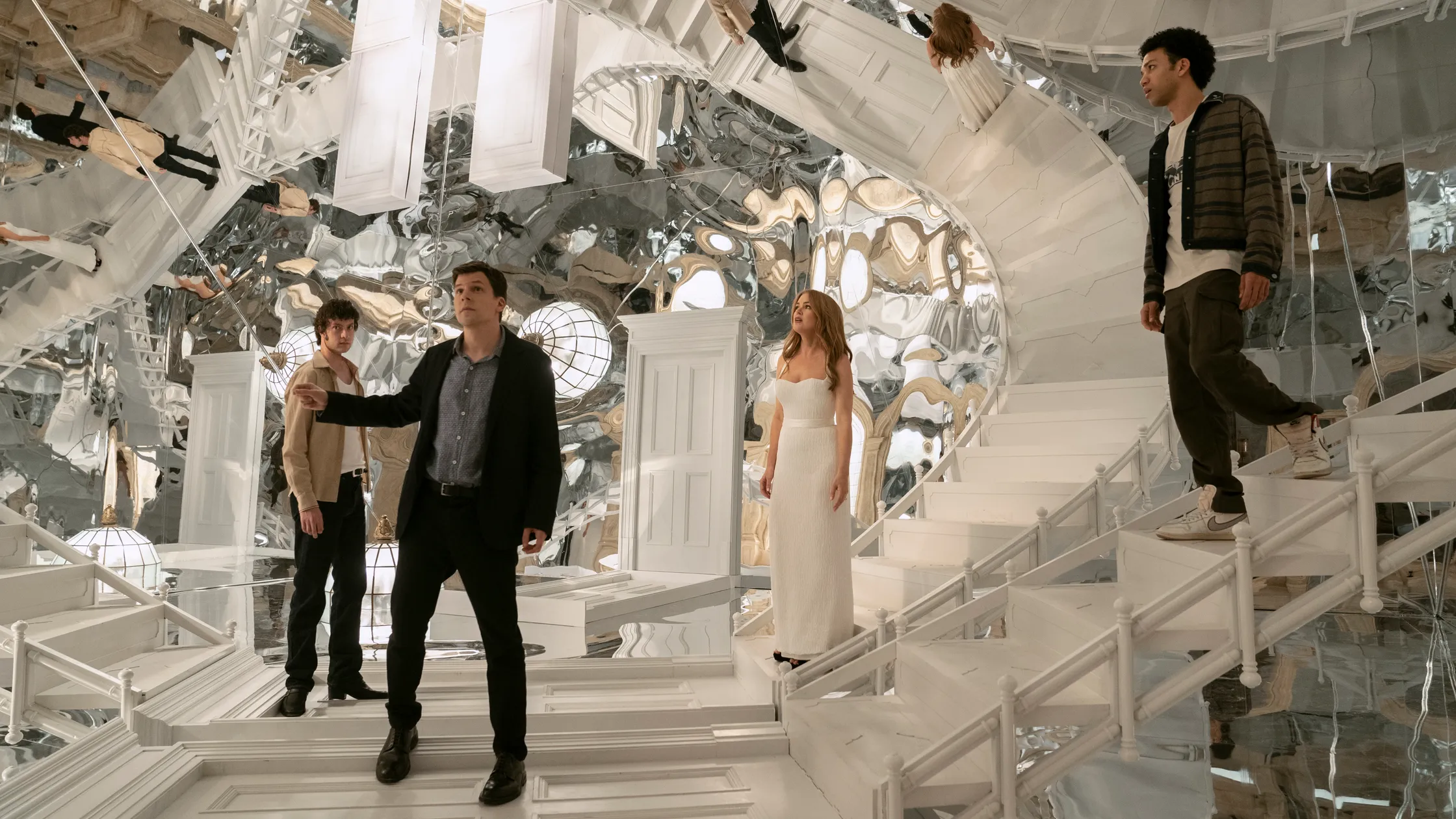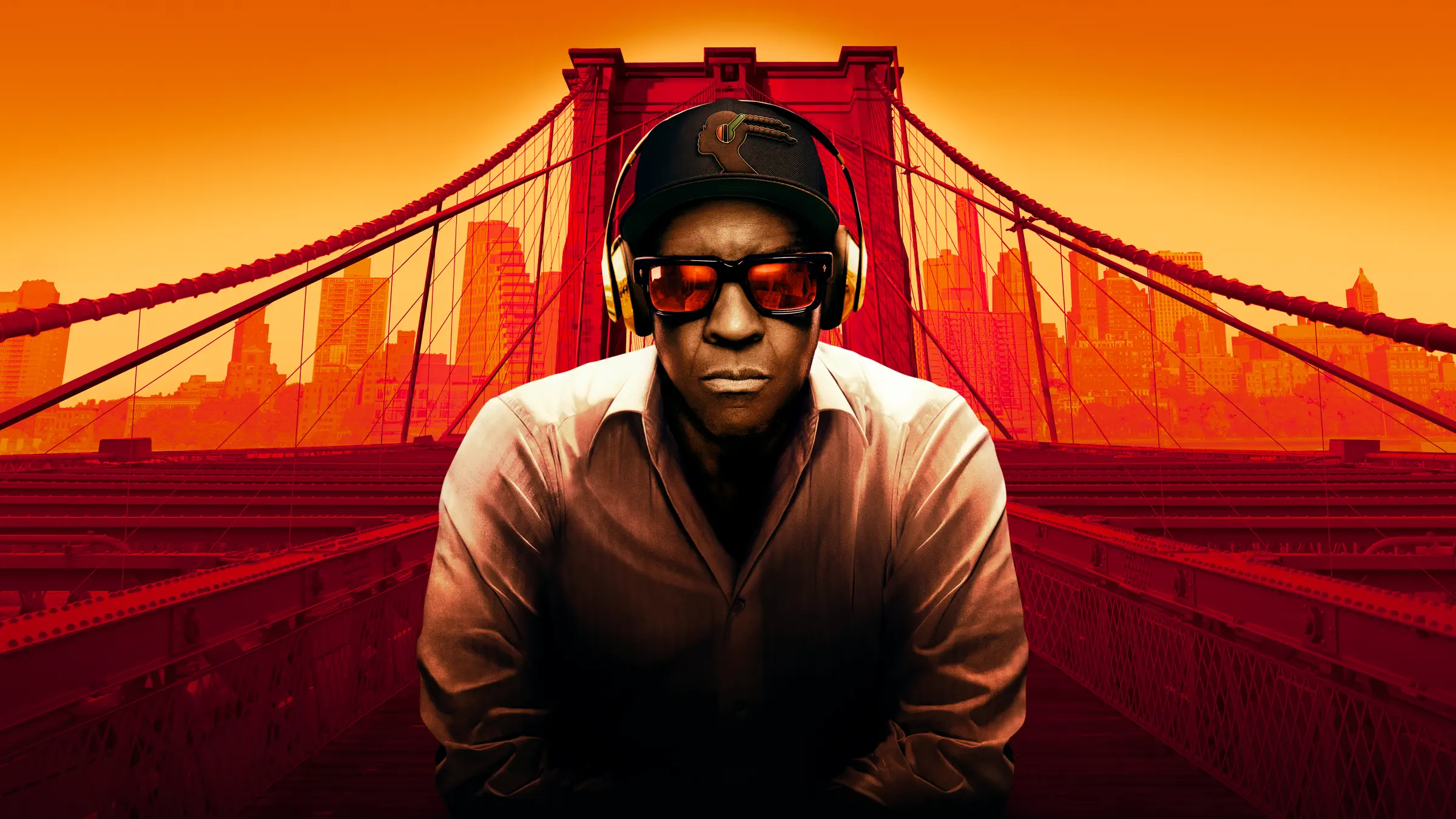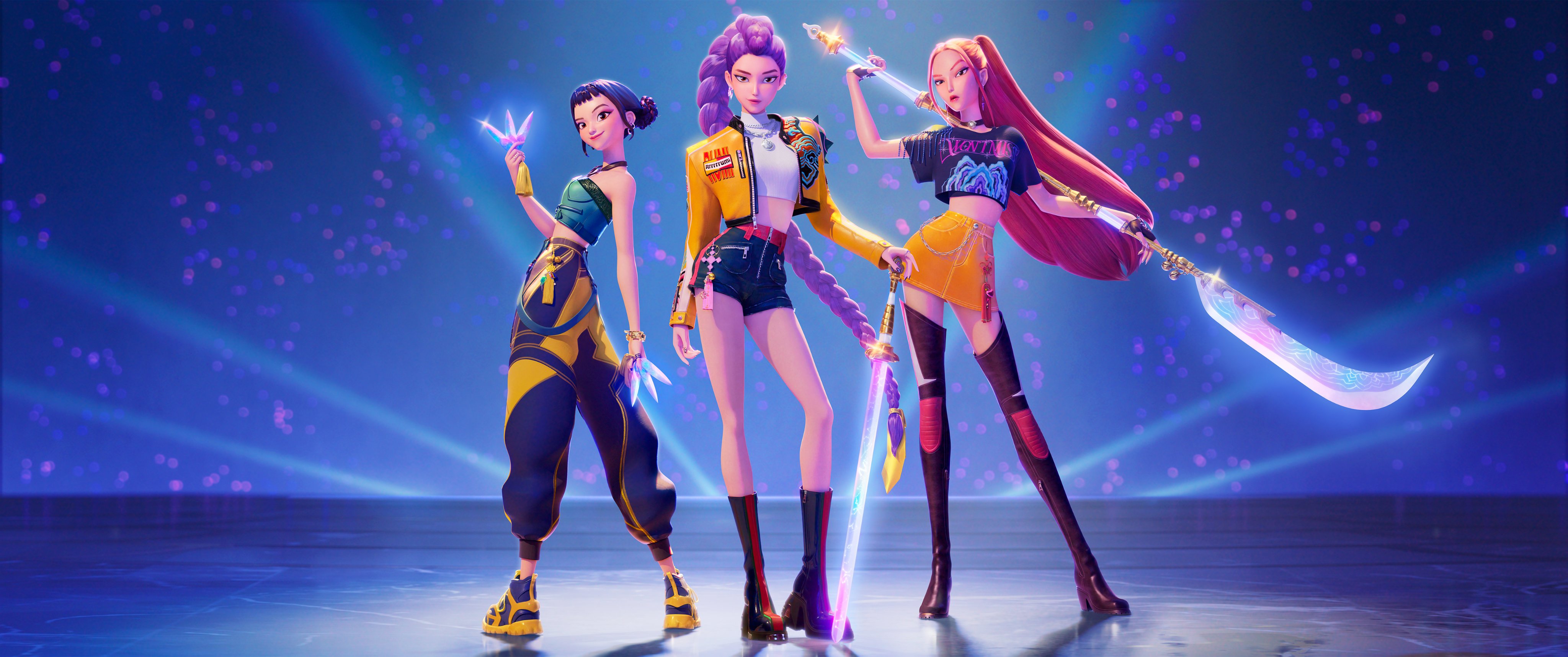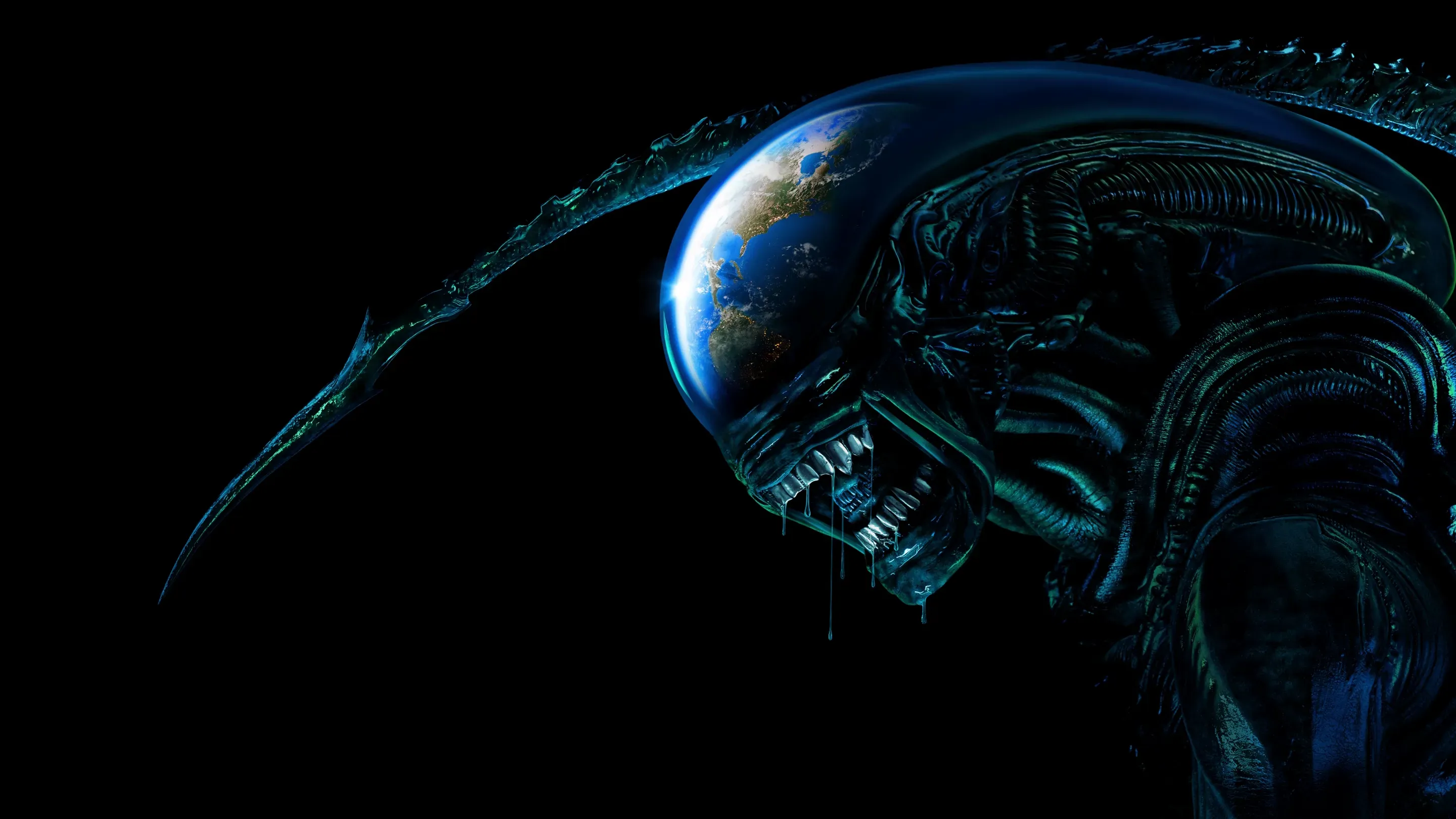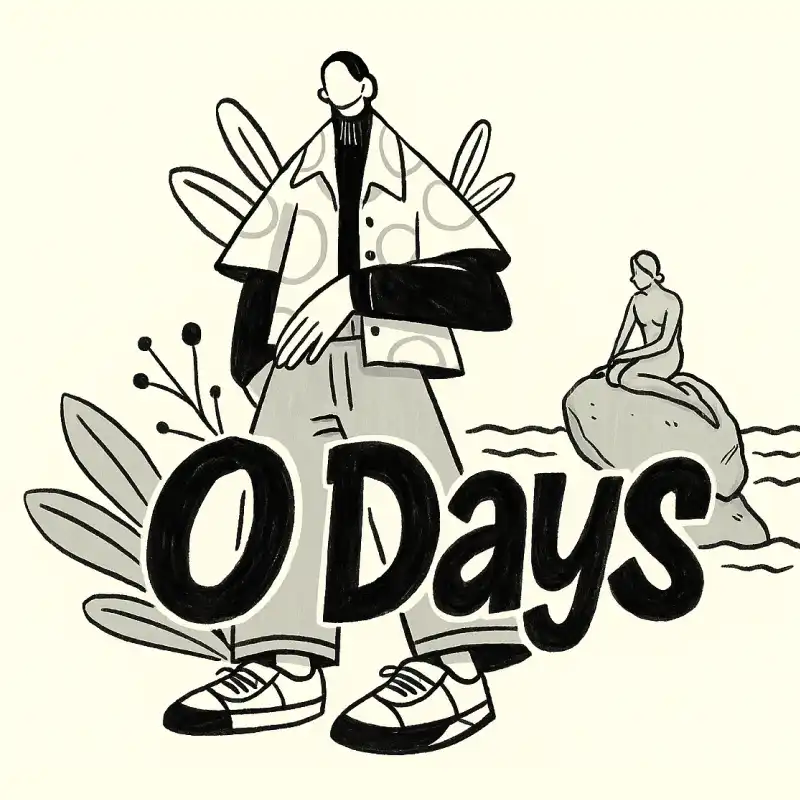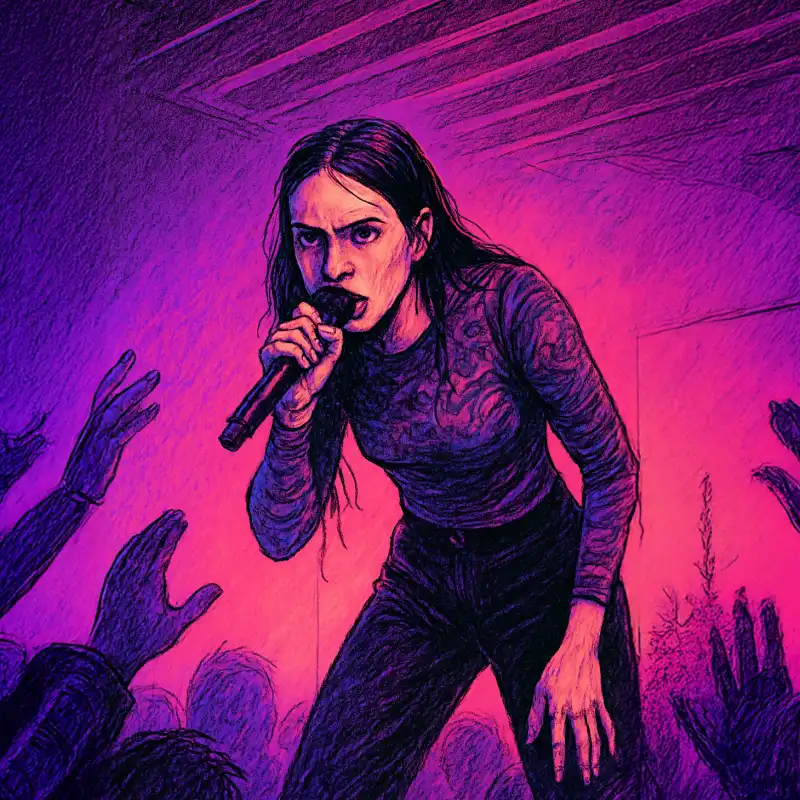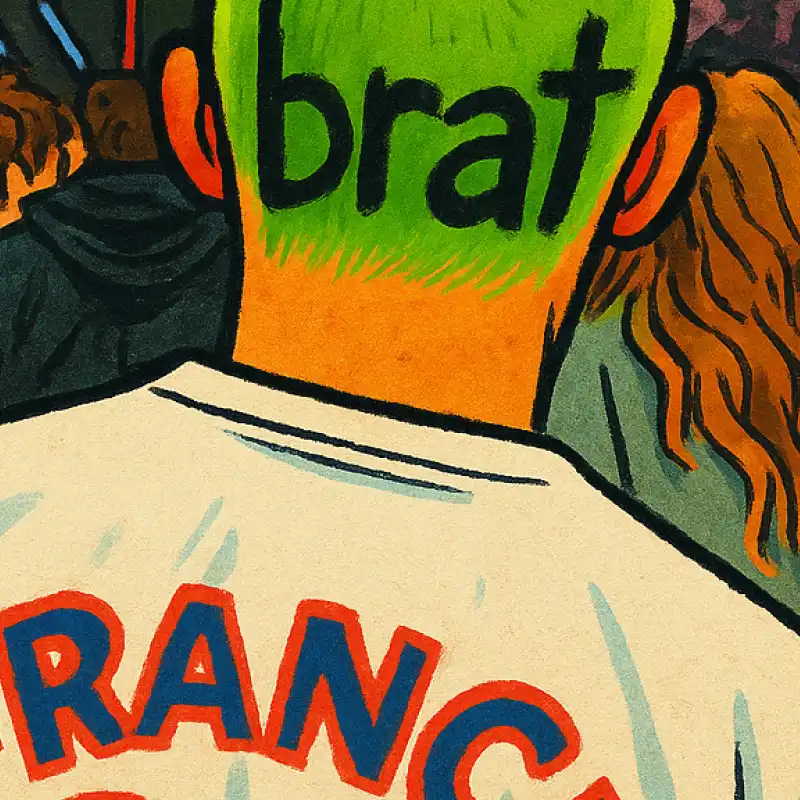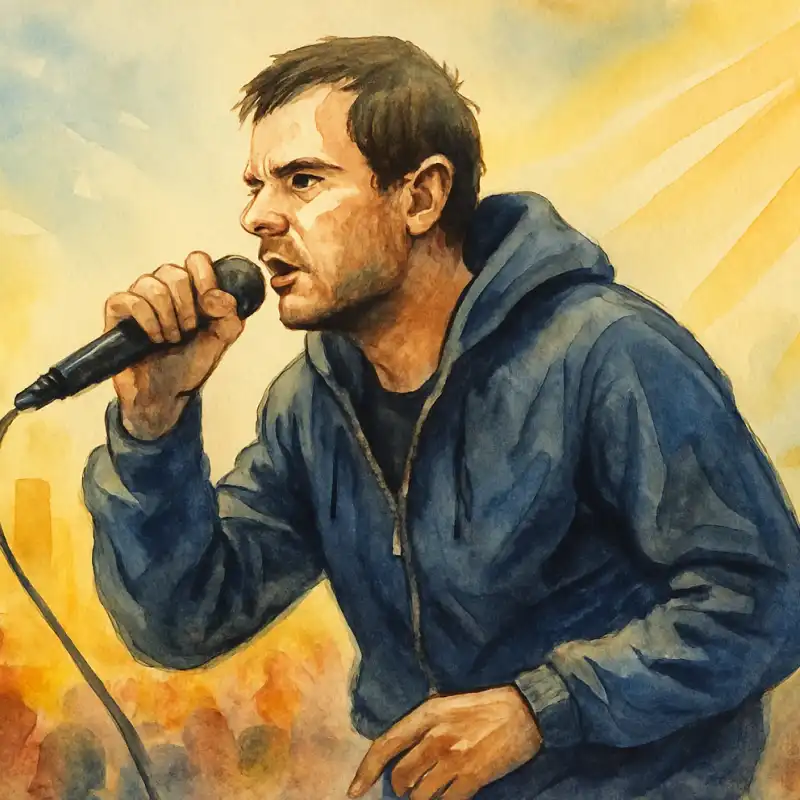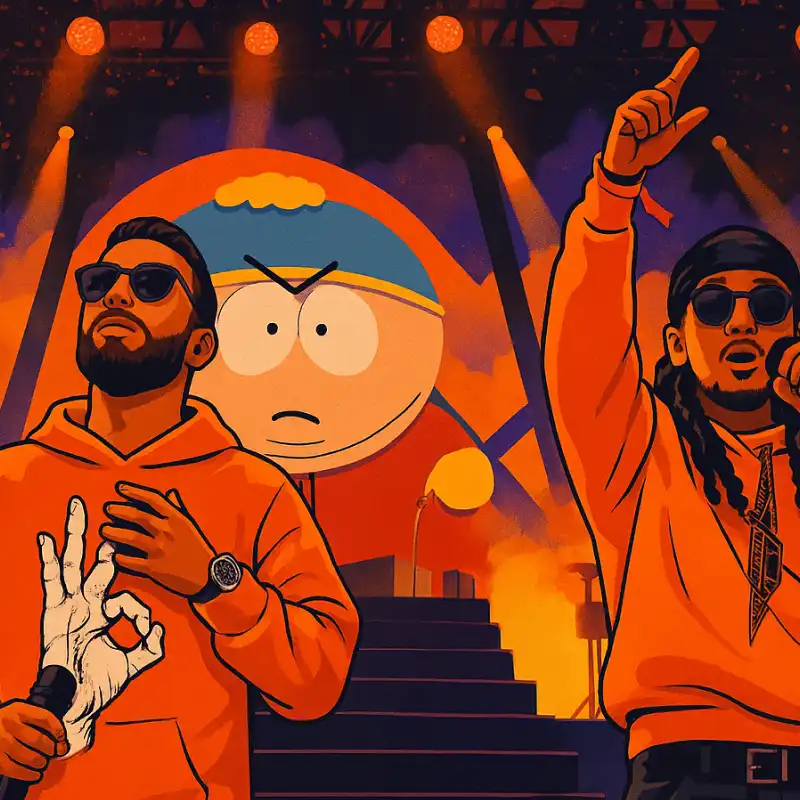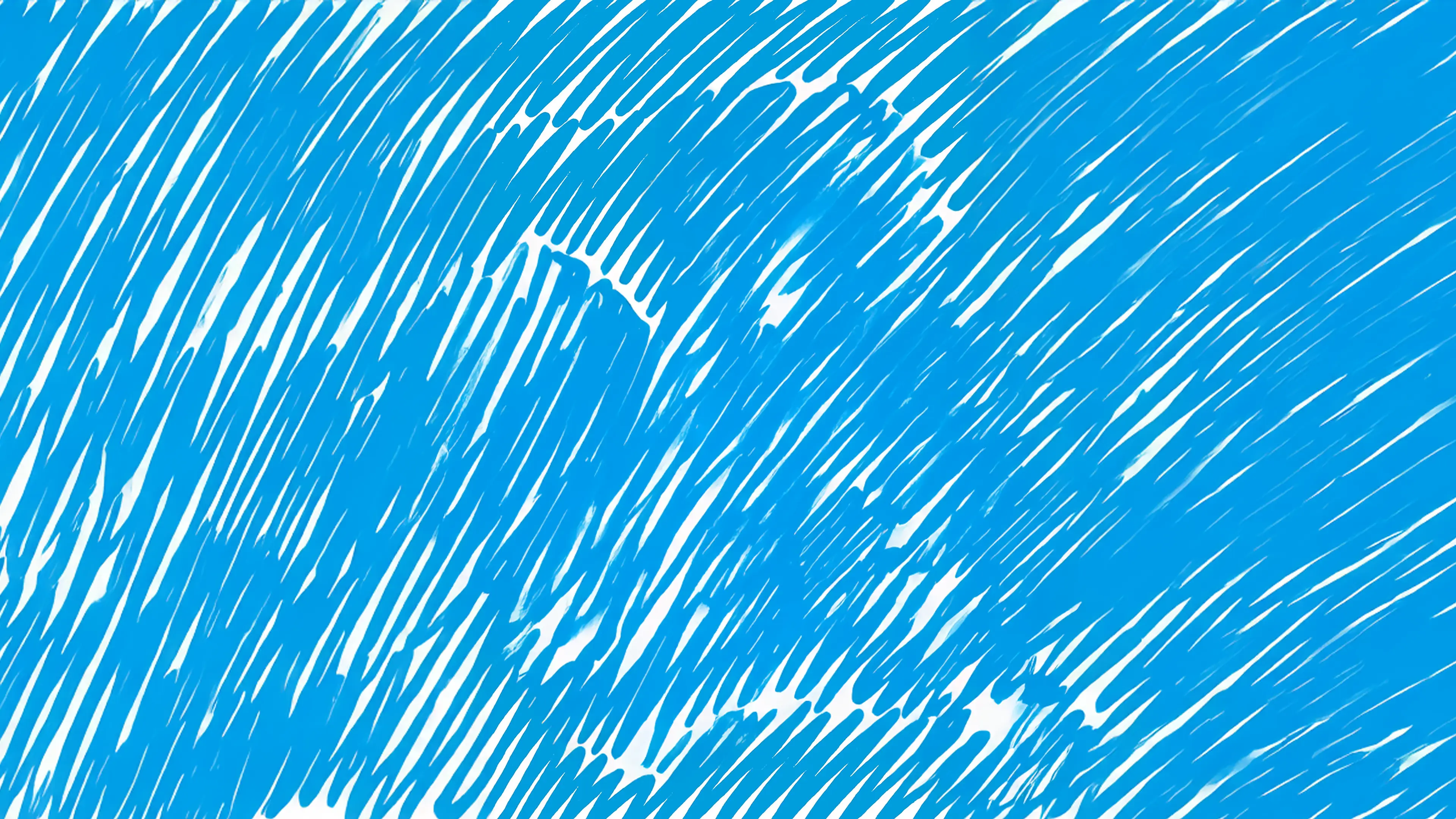When the world collapses, what are we fighting for? Is it security? Freedom? Or is it just one other person we refuse to lose? The Last of Us is not just another zombie tale. It's a drama disguised as genre, a love story disguised as survival, and perhaps most important: a portrait of humanity's price. HBO has created a series that scares us not with monsters, but with all that they cannot take away from us. Yet.
One star
Two stars
Three stars
Four stars
Five stars
Disclaimer: Apropos Magazine received access or a review copy. As always, we share our own impressions — unfiltered.
Six stars
The body and the landscape:
The first paragraph strikes the tone: a world in disintegration, a father losing his child, and a society that no longer functions as societies but as flocks. The visuals are magnificent without being smug. Rot and ruin in concrete gray tones, mushroom-strewn walls, bodies in disrepair -- and then in the middle of it all: two people who must find their way. Joel and Ellie. Man and girl. Survive and hope.
Pedro Pascal and Bella Ramsey:
If the series works -- and it does -- then it's largely because of the two lead roles. Pedro Pascal plays Joel with a pain that almost becomes physical to witness. He is not charismatic in the classical sense, but he carries grief like a backpack of lead. Bella Ramsey is her own. Neither childish nor adult, but something in between: raw, vulnerable, inscrutable. Their relationship develops not in the grand gestures, but in the looks, in the things they don't say. And that may be the most beautiful thing about the series.

Deviations and courage:
The series is based on one of the most beloved games of recent memory, and the pressure of expectation has been massive. But HBO has not merely made a loyal translation -- they have had the courage to differ, and it is in the deviations that the magic arises. The episode with Bill and Frank stands as a poetic intermezzo -- an entire love story unfolded in a single paragraph. A stylistic and narrative parenthesis that says more about love than most series do in an entire season.
Pace and heaviness:
It's a series that dares to be slow. There dare to linger. Where the zombies (or “infected”) almost become secondary. The actual monster is often man himself, or the grief, or the fear of losing. It's not a series you buy with popcorn and a mobile phone in your hand. It needs your attention, and deserves it.

And so what?
The Last of Us is a reminder that the most touching is always the most fragile. That love, in its most inexorable form, is not about saving the world, but about saving one person—no matter what.
It leaves one empty and full at the same time. That's the biggest thing you can say about a TV show.




